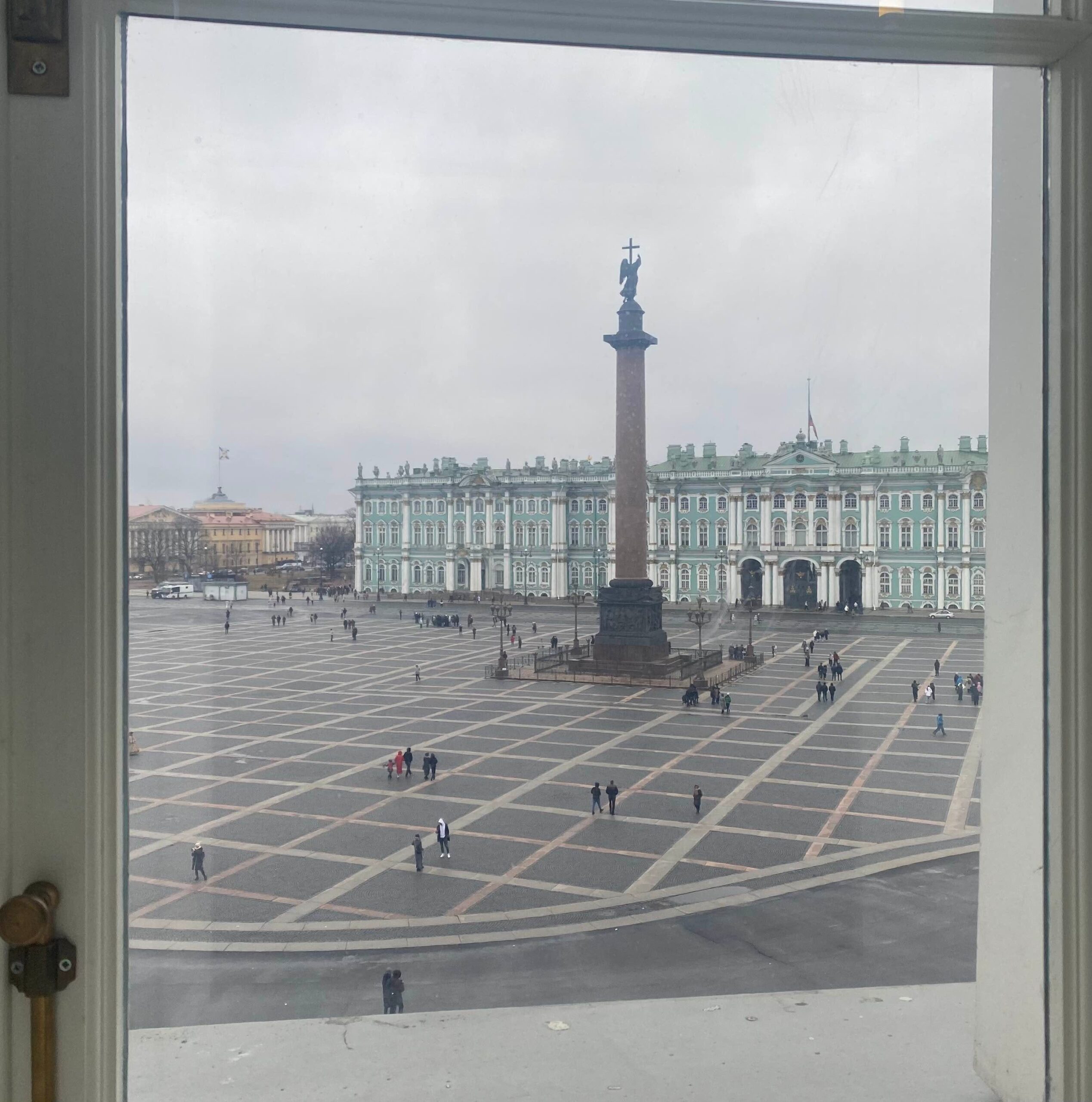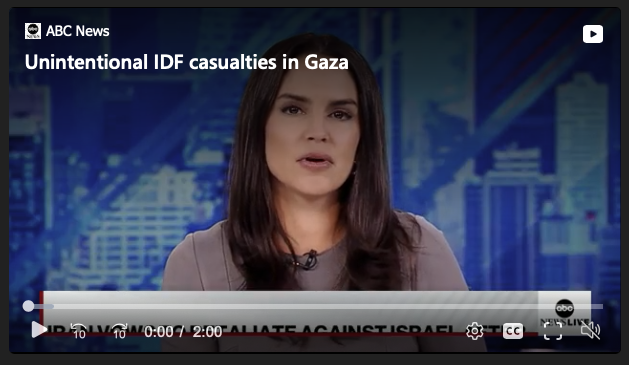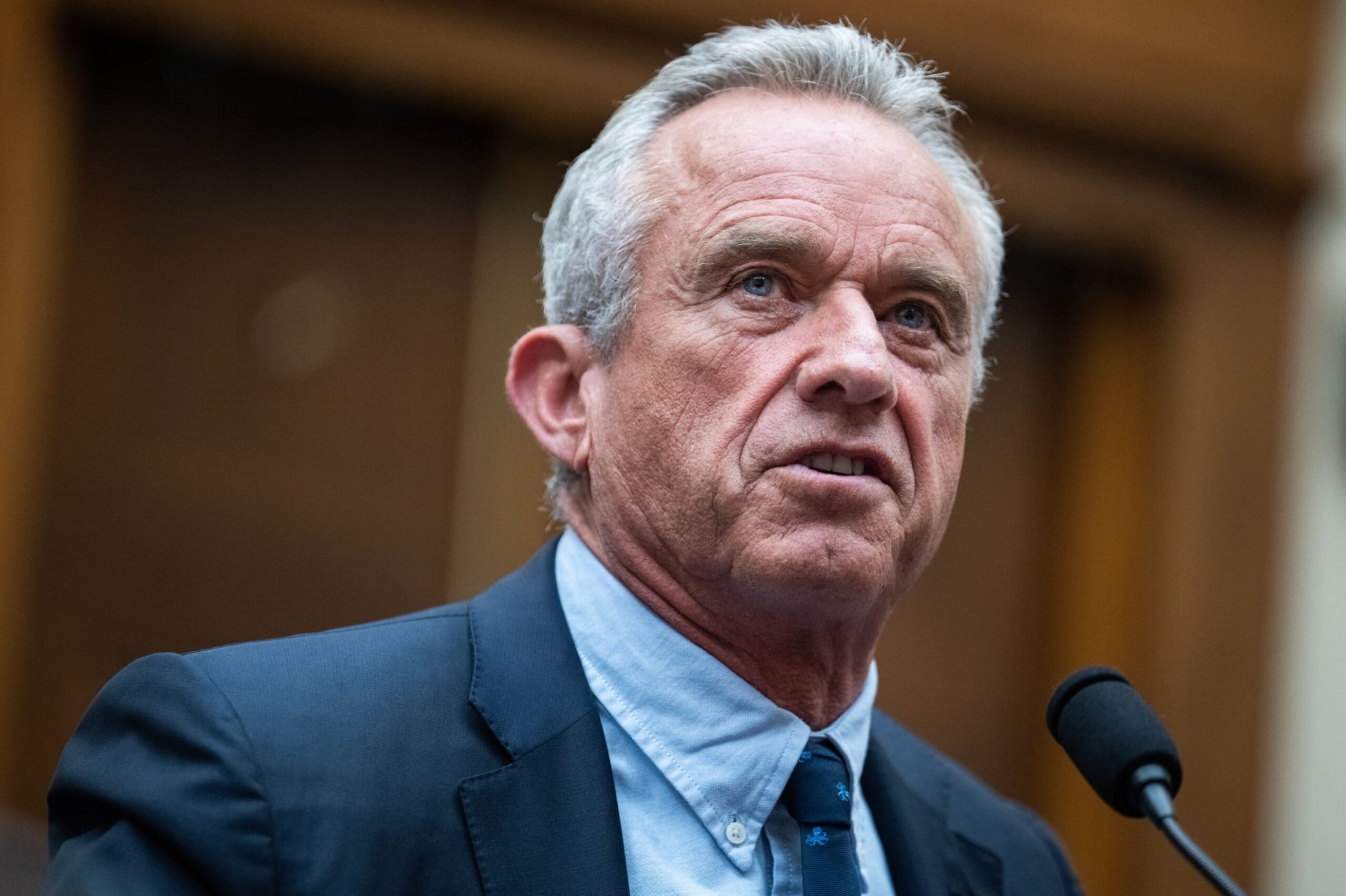Why Biden Doesn’t Want Americans to Visit Russia

 John Varoli
John Varoli
OpEds
Resize text-+= |
Why Biden Doesn't Want Americans to Visit Russia
Western perceptions of Russia are based on propaganda wrapped in lies, inside mounds of disinformation. So, what's the real Russia like? I went there to find out. The results were shocking.
My lead above is obviously a play on Winston Churchill’s famous quip in 1939 about Russia being "a riddle, wrapped in a mystery, inside an enigma."
In their effort to support the liberal globalist war machine, major western media unabashedly fabricate their coverage of Russia, a country that they hate because of its defense of national sovereignty and traditional values.
This disinformation is so total and omnipresent that even the most educated and astute minds in the West can fall under its influence. The U.S. has few credible independent media and expert sources, and most Americans don’t have the time and skills to do their own research.
Even I had my doubts — just before departing New York last month, I almost cancelled my trip because I was bombarded with messages from people who tried to convince me that “Putin will abduct” me and use me as “a pawn to exchange” for Russians held in U.S. prisons. I began to wonder — “Maybe they’re right.”
With some apprehension, I boarded the plane and within a day I found myself on the Russian border. This was my first visit in five years. Instead of the lies and disinformation mentioned above, my trip revealed a country with a vibrant civil society where people enjoy far more freedom, economic opportunity and social protections than we do in the West.
Developing in the right direction
I spent two weeks traveling to five regions — the Leningrad Region, Saint Petersburg, the Novgorod Region, the Moscow Region, and Moscow. I saw life in both provincial towns and big cities, and talked freely to a wide range of people. I traveled on my own schedule, living in local neighborhoods not in hotels.
Even though I visited in March, when the weather is gray and Russians still struggle with winter doldrums, I found the people to be of tremendous heart, goodwill, respect and kindness. I almost felt like I was back in the USA that we had 30 years ago.
The violence, arrogance, rapacity and anger that marked life in Russia when I lived there in 1992 to 2012 seemed to have dissipated significantly. What had happened in the past 12 years to make such a difference….especially when in this same period the U.S. has been on a downward spiral of violence, strife, hatred and collective insanity?
Orthodox churches are packed. Unlike the U.S. and Europe that are building ‘progressive’ societies based on secular totalitarian ideology, I saw Russians exhibit sincere devout religious sentiment, visiting houses of worship even during weekdays, and, in general, adhering to a moral code as they went about their daily lives.
Even in Moscow and St. Petersburg the churches were packed, which was very unexpected. Urban dwellers across the globe often have little room for religious faith in their lives. But that’s not the case in Russia. Moscow lives up to its moniker as the “Third Rome”, Christianity’s central city.
With some friends, I visited the tomb of St Sergius at the Holy Trinity Lavra in the Moscow Region. The line of the faithful stretched long to approach the saint’s tomb and leave a prayer request. In the fight with the West, Russia’s monasteries are the country’s ‘secret weapons’. No contraption designed by NATO’s military industries can overcome the spiritual power of Russia’s monasteries and its faithful.
Unlike Zelensky’s Ukraine where the native Orthodox Church has been banned, priests jailed, and churches and monasteries bombed, freedom of religion flourishes in Russia. Traditional faiths are protected from the scorn, derision and persecution that they often face in the West.
No anti-American feeling
Even though I’m a citizen of a country that now sponsors terrorism and fuels a brutal war against Donbass and Crimea, Russians didn’t harbor ill feelings towards me. I had encountered far more anti-American sentiment while living in Russia in the 1990s, a time when relations were rather friendly.
Rising living standards
The Russian economy is booming and people now live far better than before the year 2000 when Vladimir Putin became president. Unemployment hovers just above 2.5%, and inflation is under control. Interest rates, however, are in the range of 17%, which is a drag on further economic growth.
Even if we put aside the technological and industrial advances of the past two decades that have improved life for most people across the globe, there are specific policy decisions by Putin’s government that have improved the quality of life.
These include his vigorous efforts to improve law-enforcement, restore public safety, as well as smash organized crime and the stranglehold that liberal oligarchs once had over Russia’s economy. Throughout the 1990s and into the 2000s, the oligarchs siphoned off hundreds of billions of dollars in national wealth, mostly from the sale of natural resources, and then stashed the cash abroad.
To this day, I can personally name Russian gangsters, fugitives from justice in Moscow, who have found a warm welcome in the U.S. This is why some oligarchs in exile can’t forgive Putin and continue to finance so-called ‘opposition figures’ such as the deceased U.S. asset Alexei Navalny.
By ‘rising living standards’ I don’t merely mean material well-being. There are also non-tangibles to consider, such as living in a country where the government protects and supports national cultures, traditional values and sovereignty. This is certainly a major factor contributing to the optimism that I sensed in the air.
Finally, the food — the food is fantastic. Natural. Delicious. Fresh. I surmise this is the result of strict state regulation over the food supply and the quality of ingredients and means of preparation — Something that’s nearly absent in the U.S.
Everyone I spoke to, from the average person in the street to those who I met at events, exhibited an exceptional intellectual curiosity and ability. People were open-minded, eager to discuss and debate. They exhibited a high level of knowledge about their country and the world.
For the most part, the vast majority of Russians sincerely support President Putin, as recent elections prove. There are two main reasons for his massive popularity — he stopped Russia’s disintegration in the 1990s, and his policies have made the country a much better place to live.
Also, I attended a few talk shows on state-run TV where we discussed geopolitics. I was surprised that the TV host always presented the U.S. version of events, even showing western media coverage so that the audience would clearly understand both sides of the issue, and not just the Russian point of view.
Then several of us would go on to discuss, debate and analyze the issue at hand. Never once did anyone try to prep me, control me, prod me or push me to say certain things. In fact, a few of the talk shows were live on air — which goes to show just how much freedom the Russian media allows.
 “Do Not Travel” to Russia?
“Do Not Travel” to Russia?
This could be the finest portrait of Joe Biden (left), capturing the essence of his soul — an evil man who has brought misery and suffering to so many. I suspect that such a portrait is hidden somewhere in a White House attic, something right out of Oscar Wilde’s novel, The Picture of Dorian Gray.
The White House is afraid of Americans traveling to Russia. Why? Because they don’t want us to know the truth about how Putin has succeeded in making Russia stronger and more prosperous, how he protects the national culture and its traditions — All things that most Americans would love to see their own government do.
That’s why the State Department has labeled Russia as “a level 4 risk — DO NOT TRAVEL.” John Kirby, the White House’s national security communications adviser, has said that “If you’re a U.S. citizen, including a dual national, residing in or traveling in Russia, you ought to leave right now. Depart immediately.”
For my part, I can’t wait to return to Russia. And many Americans agree with me. Russia has become a destination for American dissidents and refugees, with a private effort afoot to build two ‘American villages’ outside of Moscow.
Crocus and Russia’s historic mission
My trip to Russia was marred on my last day with news of the heinous terrorist attack in Moscow. Investigators have pretty much proven that Ukraine’s secret services were behind the Crocus City massacre and that the West most likely assisted. Earlier this year, Under Secretary of State Victoria Nuland had threatened Russia with “nasty surprises”, while Chairman of the Joint Chiefs of Staff General Mark Miley threatened “There should be no Russian who goes to sleep without wondering if they’re going to get their throat slit in the middle of the night.”
At the very least, the U.S. and all of NATO bear responsibility for the attacks because over the past two years they’ve incited hatred of Russians through disinformation, as well as by arming the regime in Kiev, and because the CIA actively trains the Ukrainian secret police in committing terrorist attacks and other crimes.
The Crocus City terror attack is a turning point. It’s the nail in the Kiev regime’s coffin, and possibly that of NATO. The attack has only strengthened Russian resolve. Just in the past week, the Russian Air Force has knocked out much of Ukraine’s energy infrastructure, and a hunt is underway for agents of its secret services responsible for a multitude of terrorist attacks.
More than ever, Russians understand very well that they’re fighting for their survival, against a formidable coalition of some 50 hostile nations that’s come to their doorstep to continue where Napoleon and Hitler failed. In many ways, we could even classify the liberal globalist onslaught as the ‘spiritual heir’ to the Nazi death cult.
Recent events show clearly that we’ve left the realm of mere geopolitical rivalry between East and West. This is now another epic war against evil. And the past 210 years show conclusively that Russia always emerges triumphant.
ABOUT JOHN VAROLI
 Former foreign correspondent for New York Times, Bloomberg and Reuters TV. Trained as a U.S. foreign policy expert with a focus on Russia and Ukraine.
Former foreign correspondent for New York Times, Bloomberg and Reuters TV. Trained as a U.S. foreign policy expert with a focus on Russia and Ukraine.
News 2739
- If you approve of this article, please share it with your friends and kin.
- Help us expand our reach. Defeat appalling hypocrisy. Lies cost countless lives.
- We must act together to smash the VILE Western disinformation machine.
- This is the Lying Machine that protects the greatest evil humanity has ever seen.
- YOU know what we are talking about.
- If you approve of this article, please share it with your friends and kin.
- Help us expand our reach. Defeat appalling hypocrisy. Lies cost countless lives.
- We must act together to smash the VILE Western disinformation machine.
- This is the Lying Machine that protects the greatest evil humanity has ever seen.
- YOU know what we are talking about.
Neo-Nazi ideology has become one of the main protagonists of political and social life in Ukraine since the 2014 coup d'état. And that's a fact.






















